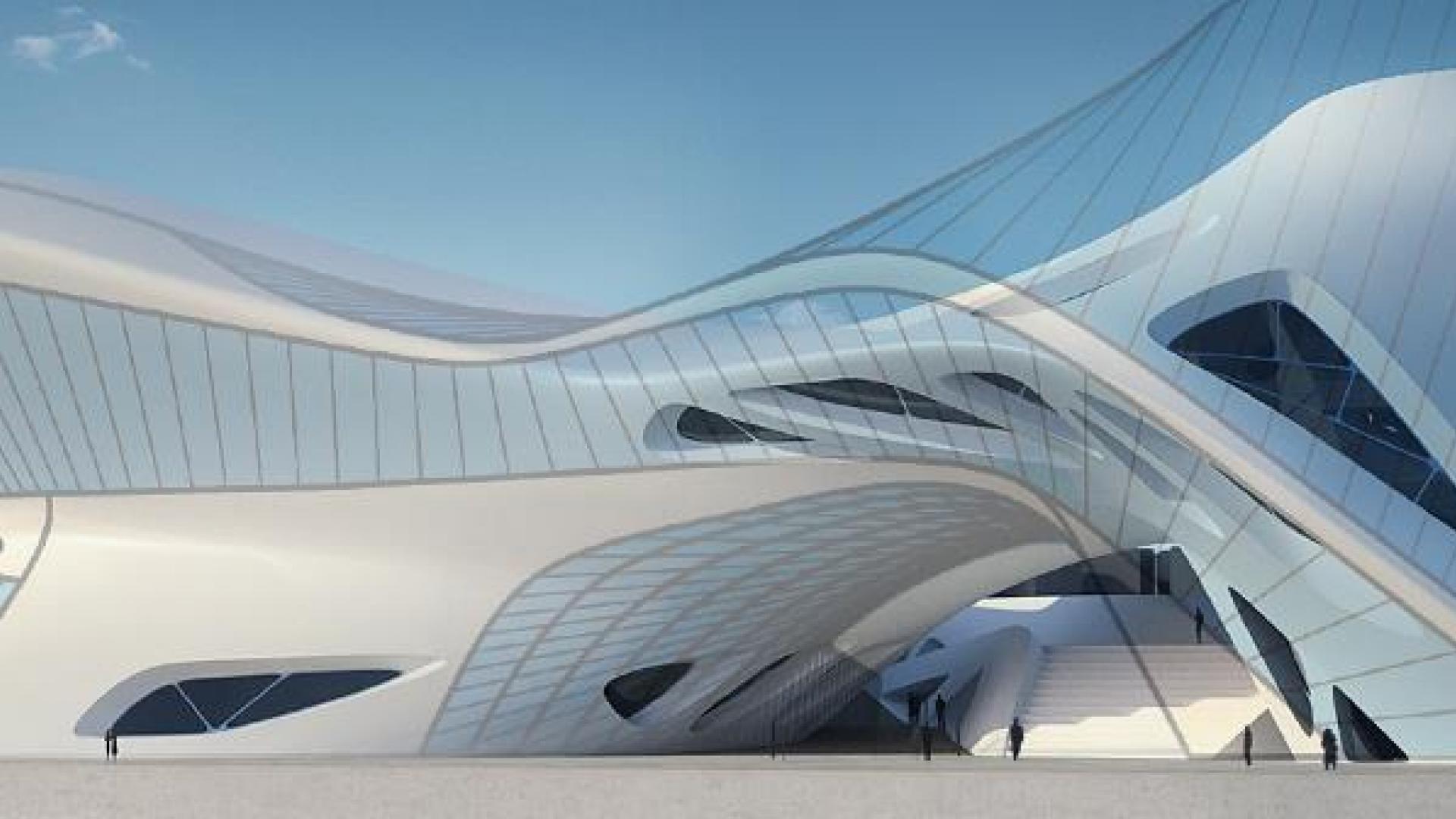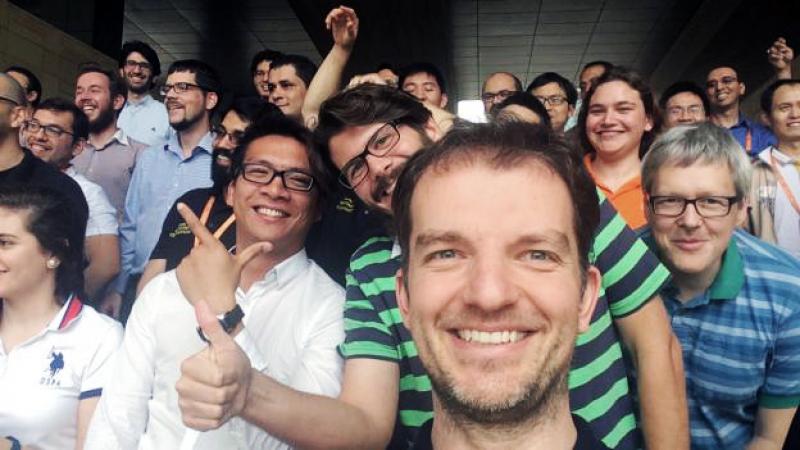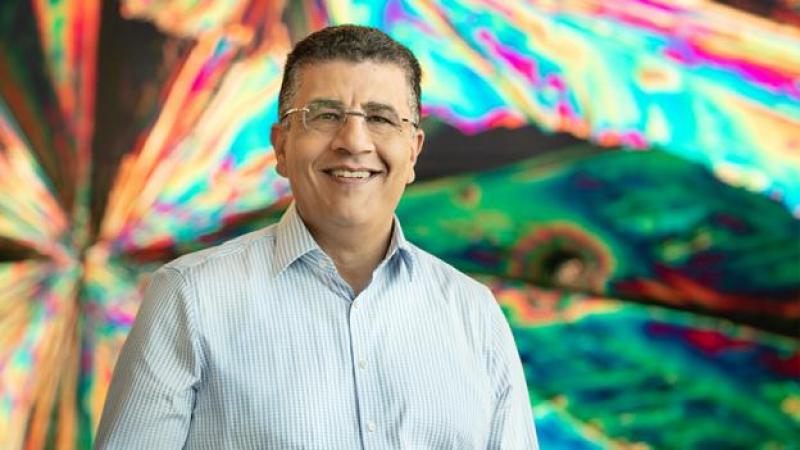Abstract
Geometrically complex shapes play an increasingly important role in contemporary architecture. While digital models involving freeform geometry are easily created, the actual fabrication and construction of such structures remains a challenge. In order to make a freeform design realizable, a process known as rationalization is applied. Rationalization simplifies the original design in view of the actual fabrication and financial constraints, while preserving the original design intent as much as possible. A rationalized design is the output of a possibly very complicated nonlinear optimization, and it is very hard to make changes to such a highly constrained geometric model.
The design and construction process would greatly benefit from the development of construction-aware design tools, which will allow architects to overcome the need for rationalization by integrating rationalization into the design process. Such tools will generate only those designs which meet the specified manufacturing and feasibility constraints. These constraints may also include structural properties, energy efficiency and environmental sustainability. Construction-aware design is a research challenge which requires broad expertise and a thorough discussion among experts from many fields.
In this spirit, the workshop will bring together architects, engineers, construction managers, fabricators, researchers from the field of architectural geometry, and leading sustainability professionals to discuss, debate and share best practice on design, construction and the built environment.
Invited Speakers
- Kai-Uwe Bletzinger, Technical University of Munich
- Mohamed Dawod, University of Kassel
- Mohamed Fekry, Effat University
- Michael Hensel, Technical University of Vienna
- Caigui Jiang, KAUST
- Khaled Nassar, American University in Cairo
- Chi-Han Peng, KAUST
- Helmut Pottmann, KAUST
- Florian Rist, Technical University of Vienna/KAUST
- Yousry Salman, SBG
- Eike Schling, Technical University of Munich
- Ahmad Shehata, Umm Al-Qura University
- Peter Wonka, KAUST
Call for Posters
Complex geometry is best communicated in illustrative images. Therefore, we would like to invite you to submit your best work and sketches for a poster presentation to this workshop. Submissions will undergo a reviewing process and will be judged based on creativity, originality, and technical aspects.
Accepted posters will be presented at the workshop. Posters may be submitted by both students to document their projects or final theses, as well as by professionals to demonstrate exciting aspects of their work.
Submission Format
Submissions consist of a 1 A4 page (21cm x 27.9cm) extended abstract using 12 point single-line fonts and normal margins (2.5cm to top, left and right, 2.0cm to the bottom). Additionally, up to two pages of Figures, screenshots, sketches etc. to appear on the proposed poster can be considered. These pages must adhere to the formatting guidelines as well. Submissions consist of a single pdf file and should not exceed 8MB in size.
Important Dates
- Deadline for electronic abstract submission: February 22, 2019
- Notification of acceptance: February 28, 2019
- Poster submission: March 11, 2019
Submission Procedure
Please submit your abstract to mohamed.shalaby@kaust.edu.sa.


